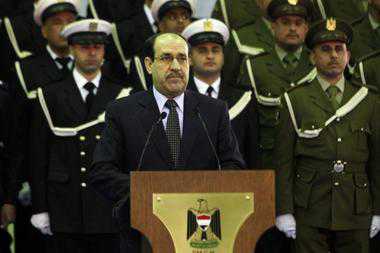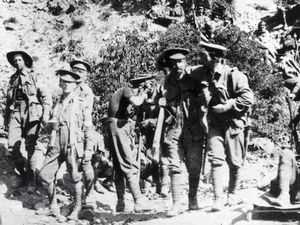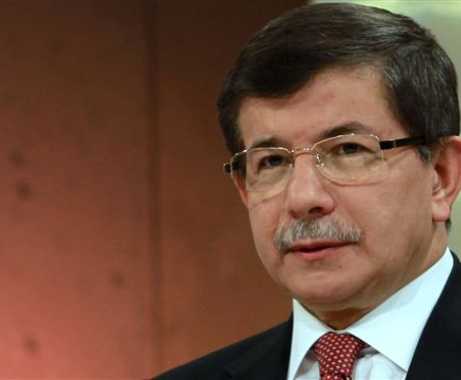Lured by Turkey’s soap operas, shopping, and historical heritage, Arabs from all over the Gulf are flocking to Turkey.
The boom in Arab tourism over the past several years has been a boon for the country’s tourism sector, but the ongoing turmoil in the Middle East has put the brakes on this trend.
Between 2008 and 2010, entries from the Arab world increased 62%, driven by the signing of numerous visa-free treaties with Middle Eastern states. Turkey’s popular soap operas, Istanbul’s mega malls, the so-called suitcase trade, and Turkey’s cultural and historical heritage drew nearly two million tourists from the Arab world in 2010.
Arab tourists tend to spend more money and stay longer than their European and American counterparts, making them a particularly attractive market.
Yahya Terzi, director of sales at Alharran Tours, attributes this to the fact that Arabs in general travel with their large, extended families.
“They like to relax with family. When you calculate how many people they have in their family, they end up spending more money. They also like first class hotels and restaurants. They don’t tend to stay in three star hotels,” he told SES Türkiye.
Arab tourists are also drawn by the sights and sounds they see every week on popular Turkish soap operas.
“They want to see where their favourite soap operas are shot and they want to meet the actors,” according to Shirin Schade, managing director of Travelstyle.
Tour operators noticed a significant jump in Arab tourists after Turkish Prime Minister Erdogan’s shouting down of Israeli President Shimon Peres at Davos in 2009.
“In the summer after Davos, they [Arab tourists] started to come here because more people learned about Turkey,” Abdulkadir Duger, general manager of Alharran Tourism and Travel Agency, told SES Türkiye. “They enjoyed their first visit and more and more started to come.”
While the incident surely won sympathy from the Arab Street, more significant has been the signing of numerous visa-free travel agreements with its Middle Eastern neighbours, which made it much easier for tourists and businessmen to visit Turkey.
In a recent article entitled “Turkey’s ‘Demonstrative Effect’ and the Transformation of the Middle East”, Bogazici University professor Kemal Kirisci points out that tourism and Istanbul as a venue for various NGO and activist gatherings can play a role in promoting Turkey as a democratic, liberal and secular model for the Middle East.
“Turkey’s visa-free travel policy also allows the possibility of reinforcing the image of Turkey formed through media,” Kirisci writes, pointing out for example, that 71% of Saudi women watch Turkish TV series.
Despite the growing enthusiasm for Turkey, Sueda Albaker, business development and office manager of Albaker Tours, said that her company has seen a drop in tourists since the start of the Arab uprisings and Turkey’s turbulent relationship with Israel.
“Arab tourists visiting Turkey have decreased because some of them couldn’t travel because the borders were closed,” Alakbar explained.
The largest drop in the number of tourists comes from Bahrain, Israel and Syria, according to the General Directorate of Investment and Enterprises Department of Research and Evaluation. However, the number of tourists from Kuwait, Iraq and Saudi Arabia increased by at least 39%.
Albaker blames the drop in tourists from certain countries on fears that if an uprising were to start while they are vacationing abroad, they wouldn’t be able to return home.
When the Middle East begins to stabilise, many in the Turkish travel industry are confident Turkey will continue to be an enticing destination for Arab travellers.
Schade thinks that new legislation in Europe targeting Muslims could help draw even more people to Turkey.
“Turkey is a Muslim country. They can cover up the way they want and no one says anything,” he explained.
The fact that countries like France have started penalising people for wearing the chador could dissuade them from visiting places like Paris, according to Schade.
Friday, 14 October 2011
Setimes





